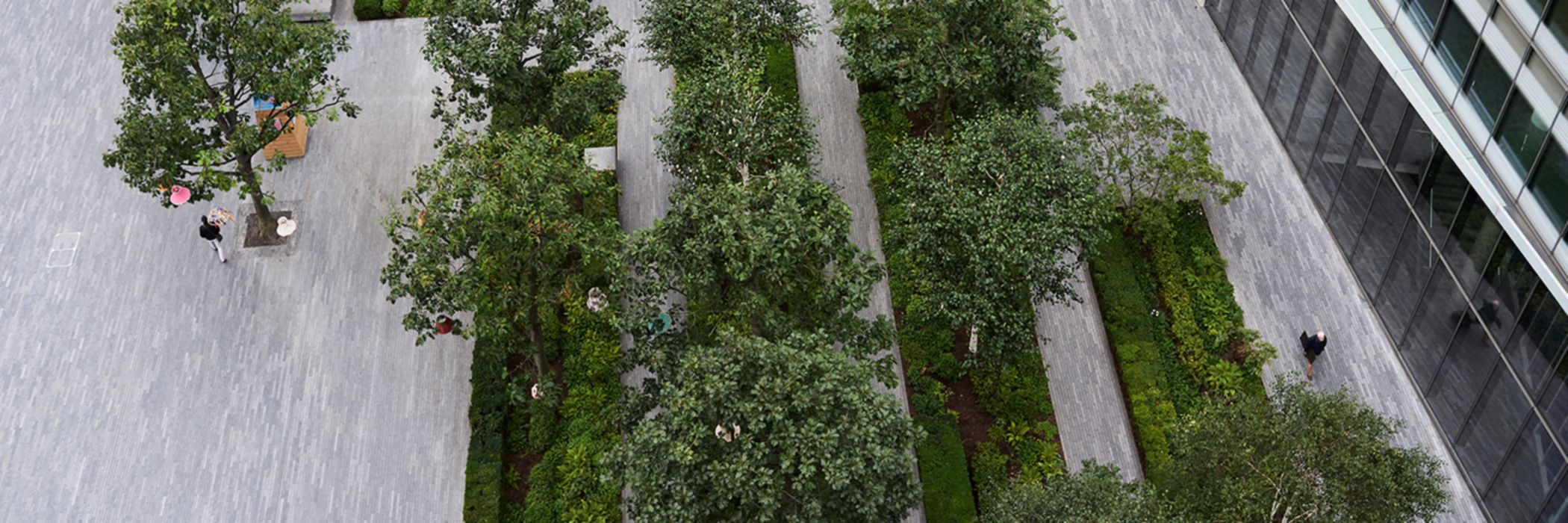The world is in a state of geopolitical and social upheaval. Facing a range of pernicious challenges — economic, climate, trade, inequality and technological, to name a few — that are impacting people’s day-to-day lives and influencing global political agendas.
As the climate emergency becomes more acute,6 schisms between various regions of the world deepen, and economic uncertainties and debt challenges start to bite, there may be further fracturing of global consensus and an increase in conflict as countries and territories vie over scarce resources, capital and power.
With collaboration, partnership and trust in short supply and geo- political and economic head winds dominating the headlines, the actual and perceived risks to businesses have grown multi-fold. More than 40 percent of the world’s population is set to elect new governments this year (including India, Indonesia, South Africa and the US), so expect the rhetoric and uncertainty to rise.
However, there is optimism that the real impacts of the climate emergency and the need for a just transition could inspire some countries, institutions and leaders to put the global good ahead of their national interests and come together to forge new alliances focused on building consensus and forming the foundations for collaboration.
This would be good news. KPMG believes that all stakeholders should come together and drive consensus on critical developmental and climate agendas. A win-win partnership needs to evolve focused on leveraging technology, innovative and alternate capital as well as broader policy alignment to drive growth.
Should the world veer towards less partnership and collaboration, the impact on the infrastructure sector will be significant. Infrastructure investors and owners may struggle to square away the uncertainty and regulatory complexity, thereby slowing dealmaking and reducing investment right at a time when the world needs it most. The cost of projects could increase as construction companies and developers price new risks into their bids. Projects in the developing markets that need it the most may get stalled waiting for policy certainty, government direction and flow of international capital.
This year, some infrastructure players and investors are expected to focus on finding ways to measure, manage and mitigate the risk of uncertainty as a hedge against a shift away from global collaboration. Additionally, it is hoped that to see leaders and policymakers start to focus on collaboration over competition, global good over national protectionism, and action over rhetoric.
KPMG is cautiously optimistic about the triumph of economics and good policies over protectionism and divisive short-term strategies. In more ways than one, what the world does in 2024 may define the trajectory for the rest of the decade and set the stage for our ability to meet (or fall woefully short of) our net zero and SDG goals.

Get in touch
Connect with us
- Find office locations kpmg.findOfficeLocations
- kpmg.emailUs
- Social media @ KPMG kpmg.socialMedia
6 WWF, The Climate Crisis, 2023



